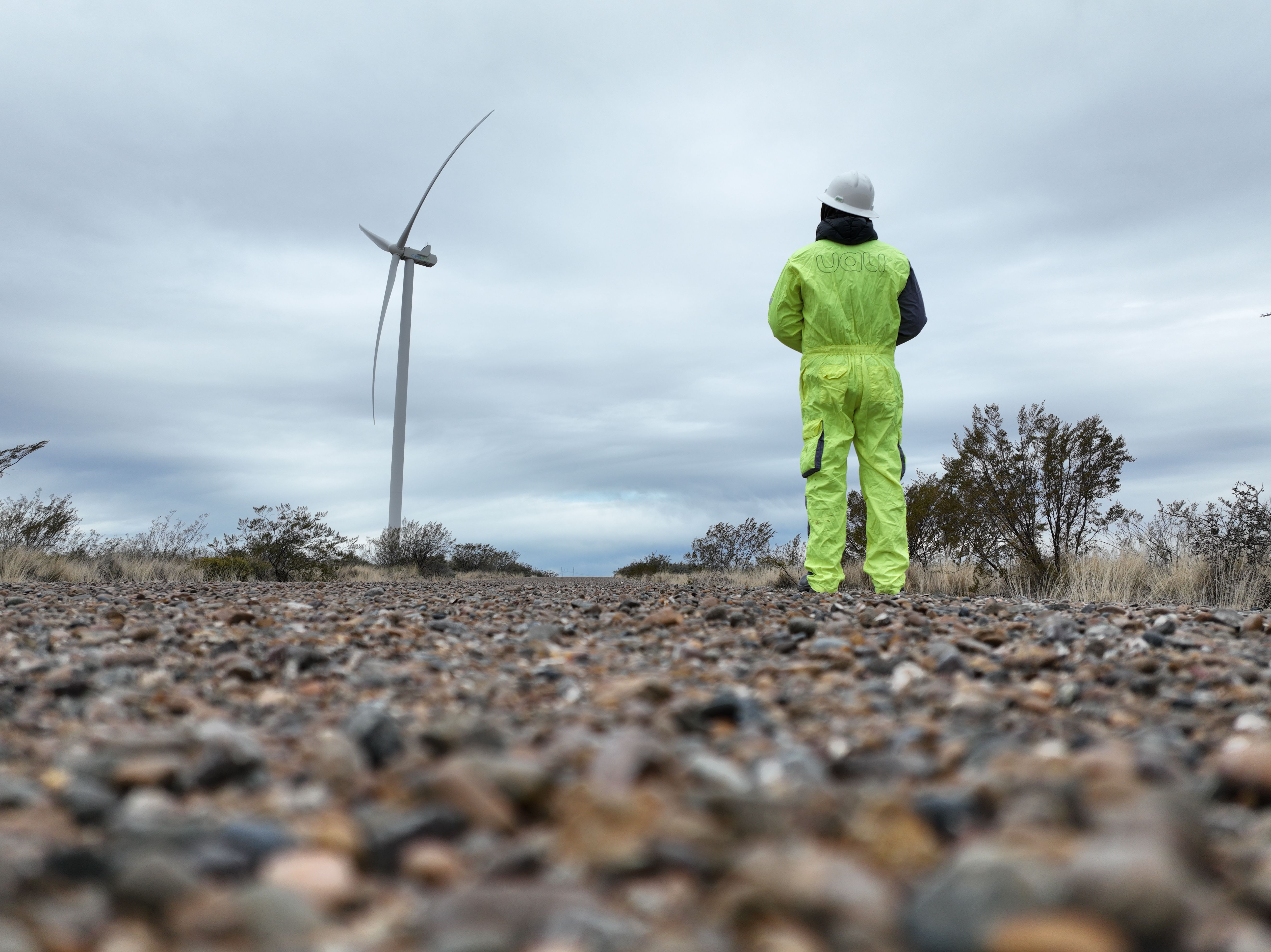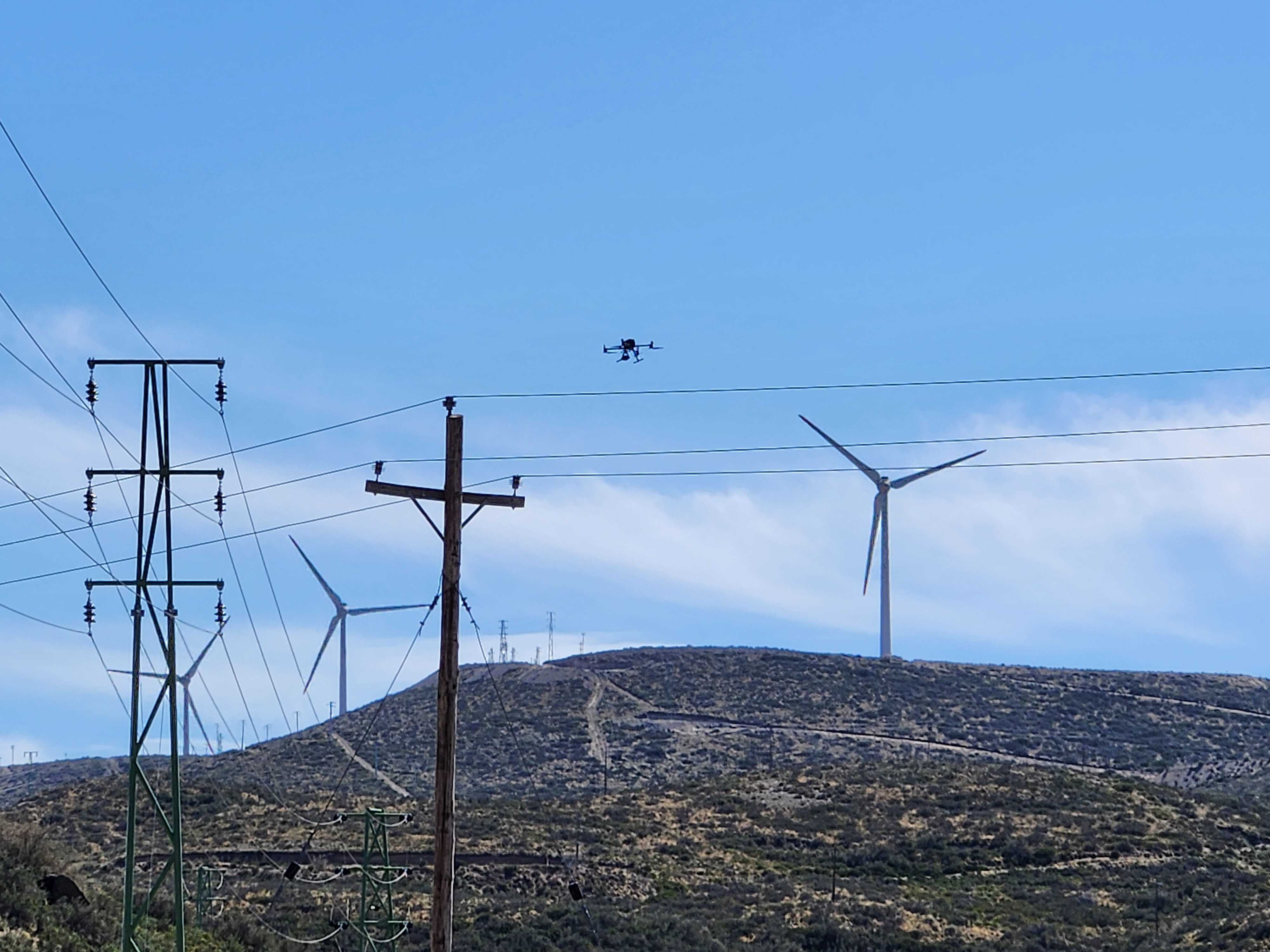News
Artificial intelligence: the perfect partner to combat climate change
Artificial intelligence is enjoying a moment of splendor, transforming industries and revolutionizing business models. The fight against climate change is no exception. It is at the center of companies seeking to mitigate environmental impacts in pursuit of a more sustainable planet.

Climate change will continue to have an enormous impact on environmental, social and economic systems around the world. We are already experiencing many of its environmental effects, from longer droughts to extreme temperatures to more destructive storms.
Mitigation is therefore critical, including efforts to achieve net-zero emissions by 2050. However, minimizing damage also requires increasing adaptation and resilience efforts, from immediate crisis response to long-term planning.
In this regard, climate technology has become a hot topic in recent years, with many new companies focusing on developing new technologies to help reduce greenhouse gas emissions.
Since the Paris Agreement (2015) the term "climate tech" has been used to refer to technologies that are capable of solving global environmental problems such as air pollution, water scarcity, energy access, food security and extreme conditions.
While climate technology encompasses a wide range of solutions that can be used to mitigate or adapt to these risks, it is not possible to talk about innovation in the sector without mentioning the role of artificial intelligence (AI).
In fact, AI has generated a profound transformation in almost all industries over the last decade, but today, its exponential advance makes it essential to overcome the challenges facing the green economy.
The green economy's ally
AI as a tool is uniquely positioned to help manage the complex problems of the climate fight.
Essentially, because of its ability to collect, populate and interpret large, complex data sets on emissions, climate impact and more, it can be used to help all stakeholders take a more informed, data-driven approach to combating carbon emissions and building a greener world. It can also be used to refocus global climate efforts on the regions most at risk.
A recent BCG report surveyed climate and AI leaders from the global public and private sector - including Argentina - to learn about their views on the potential of this technology as a tool in the fight against climate change, as well as the obstacles preventing its adoption.
In response, 87 % admitted that advanced analytics and artificial intelligence are a useful tool to reduce environmental impact. In addition, 67% of private sector members stated that they want governments to do more to support the use of AI in the fight against climate change.
Specifically, the report notes that AI can be used to help measure emissions at both the macro and micro levels, reduce greenhouse gas (GHG) emissions and impacts, and remove existing emissions from the atmosphere.
In addition to Mitigation, it offers Adaptation and Resilience capabilities. AI can be applied to improve hazard forecasting for long-term regionalized events, such as sea level rise, and for immediate extreme events, such as hurricanes, among other possibilities. These applications include vulnerability and exposure management, for example, by developing infrastructure that can minimize the impact of climate hazards.
Finally, this technology can also be used to drive efforts in climate research and modeling; climate finance; and education, behavioral change, for example, by driving customized tools to estimate an individual's carbon footprint or making recommendations for environmentally friendly purchases.
At Uali, we are a Climate Tech startup that seeks to create innovative solutions to accelerate the energy transition, with artificial intelligence at the heart of our operations. The management platform used by companies such as Repsol or Shell combines robotics, Internet of Things (IoT), and AI to collect and process field data, providing valuable information to users to facilitate decision-making in the care of their most precious assets. The goal is to make the energy transition more efficient and sustainable, reducing the time and costs associated with energy production and distribution.
Drones check the area of operations with the aim of finding anomalies in the facilities; together with Internet of Things (IoT) devices that process information; and artificial intelligence that transforms data into information through its algorithms. This in turn is connected to a real-time platform that allows the client to obtain all the necessary information to make determinations at the right time.
Ian Bogado, CEO and founder of Uali explains that as the models process more information, greater accuracy is obtained in the information delivered to users. "In this sense, AI advances are exponential and are increasingly contributing to the environmental purposes of climate tech companies."
At Uali, we explain that the use of reinforcement learning (RL) - a type of AI that learns through reward-based actions - is starting to become a reality in the field of robotics, where simulating complex environments requires highly robust systems. "This is a vein that touches us very closely at Uali, since the automation of tasks in environments with hostile conditions for our hardware raises a need for these new approaches."
The opportunity for startups
AI is one of the axes on which a large number of new companies are emerging to combat climate change. This technology, in addition to offering benefits for managing the challenges of the sector, provides a huge advantage from a business point of view.
In a study conducted by Capgemini Research Institute with companies already involved in scalable projects involving AI to mitigate global warming, only 42% of potential AI applications were being piloted at the time - which still provides plenty of room for growth - while more than 80% of climate tech startups spend less than 5% of investment in AI.
For Bogado, AI is a constantly evolving technology and there are many ways it can be applied in different sectors and business areas. "As new techniques and algorithms are developed, there are more and more opportunities for startups to use AI to improve their efficiency, make informed decisions and differentiate themselves from the competition," he details.
But in addition, climate tech companies face similar issues to traditional startups in terms of their ability to scale, however, AI is a powerful tool that can help with this scale.
In that sense, AI can help companies increase their efficiency, reduce costs, make informed decisions, and quickly adapt to market changes. As a result, startups can grow and scale more effectively. "It can analyze large amounts of data and provide useful information to help companies make informed business decisions. AI can also be used to analyze consumer behavior patterns, market trends, and financial data," they emphasize.
In addition, it can be an infallible tool when it comes to automating customer service through chatbots or automated response systems. Automation is a key focus. For Bogado, what this implies is that it can help reduce costs and improve customer satisfaction. "It can be used to personalize the user experience, which can help improve customer retention and satisfaction. In terms of automation it can also be used to automate repetitive tasks and free up time for employees to focus on more important tasks," he closes.
We join the energy evolution by combining robotics, IoT, and AI with the aim of providing valuable and actionable information that optimizes decision-making processes in asset management. Saving time, costs, and having positive impact on the environment. Get to know us!
Marcos Obando
AI Engineer


